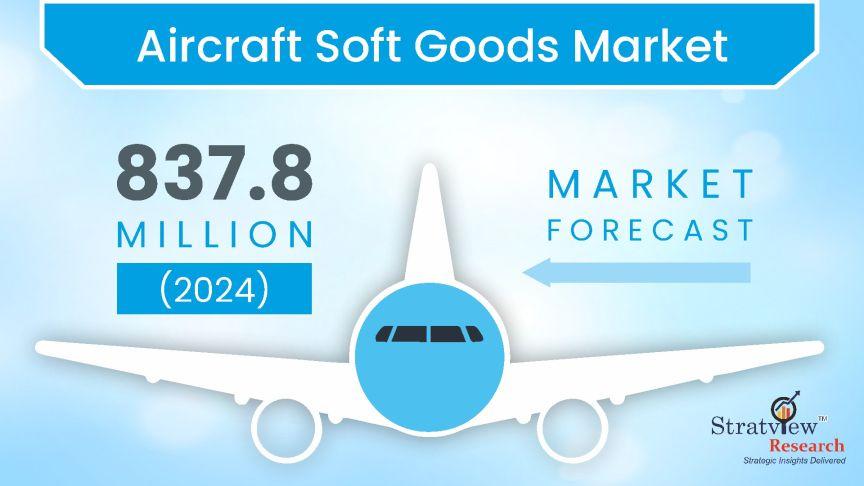The future of aircraft soft goods is set to soar to new heights with a wave of innovative materials reshaping the in-flight experience. Traditional fabrics are giving way to a new era of advanced textiles designed to enhance passenger comfort, durability, and sustainability.
The Global Aircraft Soft Goods Market was estimated at US$ 626.4 Million in 2019 and is expected to grow at a healthy CAGR of 4.9% over the next five years to reach US$ 837.8 Million in 2024.
One of the forefront innovations is the use of smart fabrics embedded with technology, transforming aircraft interiors into interactive and responsive environments. From self-adjusting seat cushions to temperature-regulating textiles, these materials adapt to the passengers' needs, providing a personalized and comfortable journey.
Furthermore, the integration of antimicrobial and self-cleaning fabrics is becoming a norm, addressing hygiene concerns in shared spaces. This not only ensures a healthier travel experience but also aligns with the current emphasis on cleanliness and well-being.
Sustainable materials continue to play a crucial role in this evolution, with the development of plant-based, recycled, and upcycled fabrics. Airlines are increasingly seeking eco-friendly alternatives that reduce their carbon footprint while maintaining high standards of quality and aesthetics.
The future promises a diverse palette of materials, ranging from lightweight, high-performance composites to innovative biodegradable options. As aircraft soft goods manufacturers push the boundaries of material science, passengers can anticipate a future where comfort, technology, and sustainability seamlessly converge, creating an elevated and environmentally conscious flying experience.
